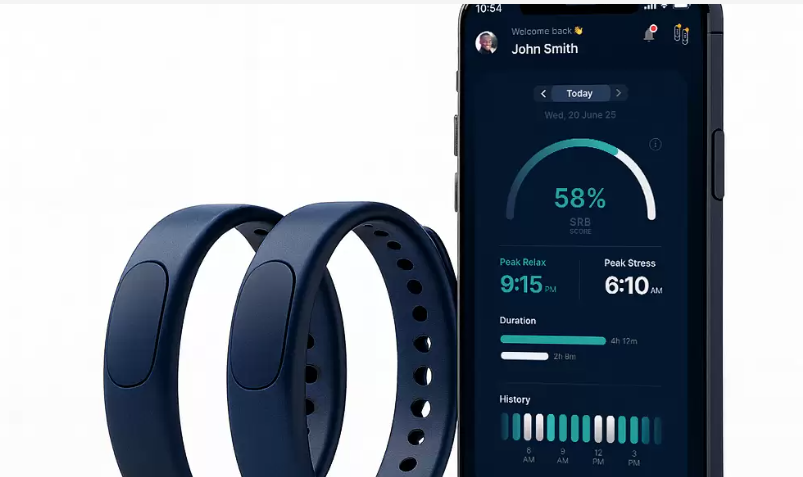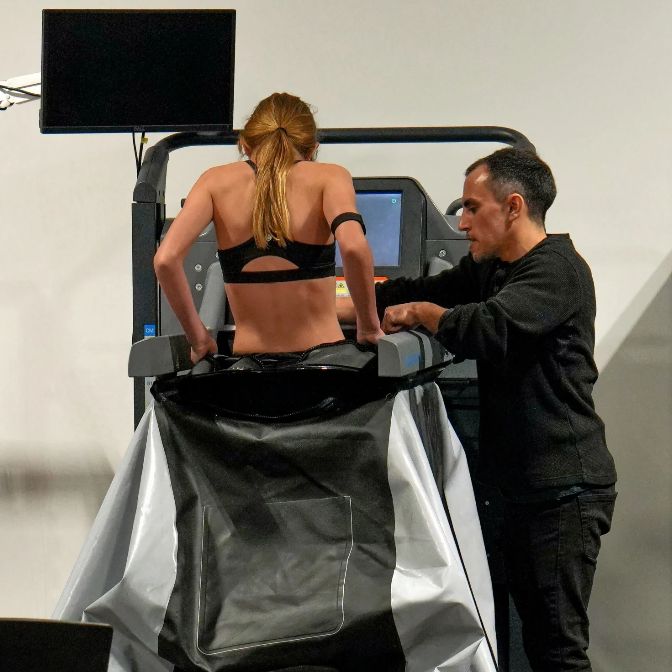From an early age we are taught that sedentary practices require stillness. Whether learning or working, drawing, writing, or making we are told we must first sit still in order to focus. For those neurodiverse, movement can have a calming effect. Recent studies highlight that a range of movement – including fidgeting, stimming, or tapping, is highly effective at helping neurodiverse and people focus, relax, and self-regulate.
Tylt makes movement possible even when sitting at a desk, typing. Tylt celebrates the value and importance of movement and aims to turn what can often be an uncomfortable environment - like an educational institute or workplace, into a more comfortable and functional situation for users who need this type of stimulation.
Market gap
Given the growing awareness of neurodivergence and the case for movement, it’s no surprise that the popularity of movement-focused tools, like fidget toys, has sky-rocketed.
Fidgeting and stimming produce repetitive body movements or repetitive movements of objects, and are effective in many situations, however there are limitations. Current products tend to engage the hands, and you can’t type and fidget at the same time.
Tylt, addresses these limitations by shifting the fidget activity when seated to the feet, leaving the hands unimpeded for task based activities: typing, writing, drawing, etc.
How Tylt works
The board is placed on the floor, rocker-side down. Users then control the board with their feet through a combination of rocking, rolling and twisting, making patterns or looping movements to customise their sensory experience.
One of the multiple rocker designs available is selected to provide the desired stimulation. For relaxation, a smooth rocker without intense feedback might be the preferred choice. Rockers with more edges or nodes are most effective when used for activities that require a high level of concentration thanks to the heightened feedback they provide.
Impact and user testing
Over 50 high resolution prototypes were sent out for user testing and expert analysis throughout New Zealand. Both neurotypical and neurodiverse participants reported a significant positive impact on wellbeing, focus and emotional regulation. These findings have been validated by lead researchers in specialist fields of education, medicine, psychology, and literacy.

Design features and usability
Tylt’s design features include:
- Laminated Beech platform with winged ends for foot location and control.
- The wings help users control adynamic range of movements and enable the board to be flipped over easily froma seated position.
- Intuitive locking connection on the underside of the board.
- Rockers connect to the board through the locking connection.
- A diverse range of rocker designs providing different tactile stimulus and feedback

Tylt, is a hands-free fidget device supporting focus and self-regulation while working on focused activities, particularly for neurodiverse learners and workers. Tylt, has been validated in user trials and expert appraisal.



.jpg)